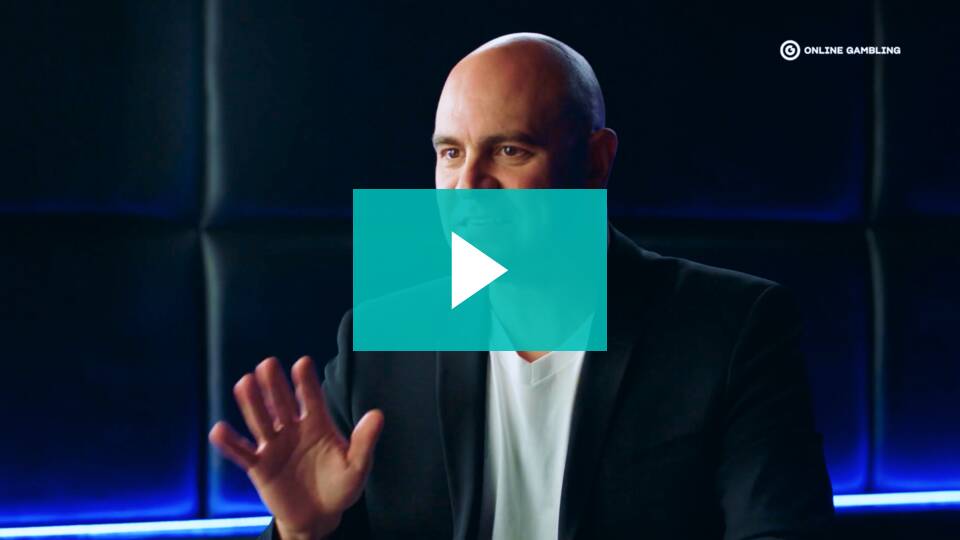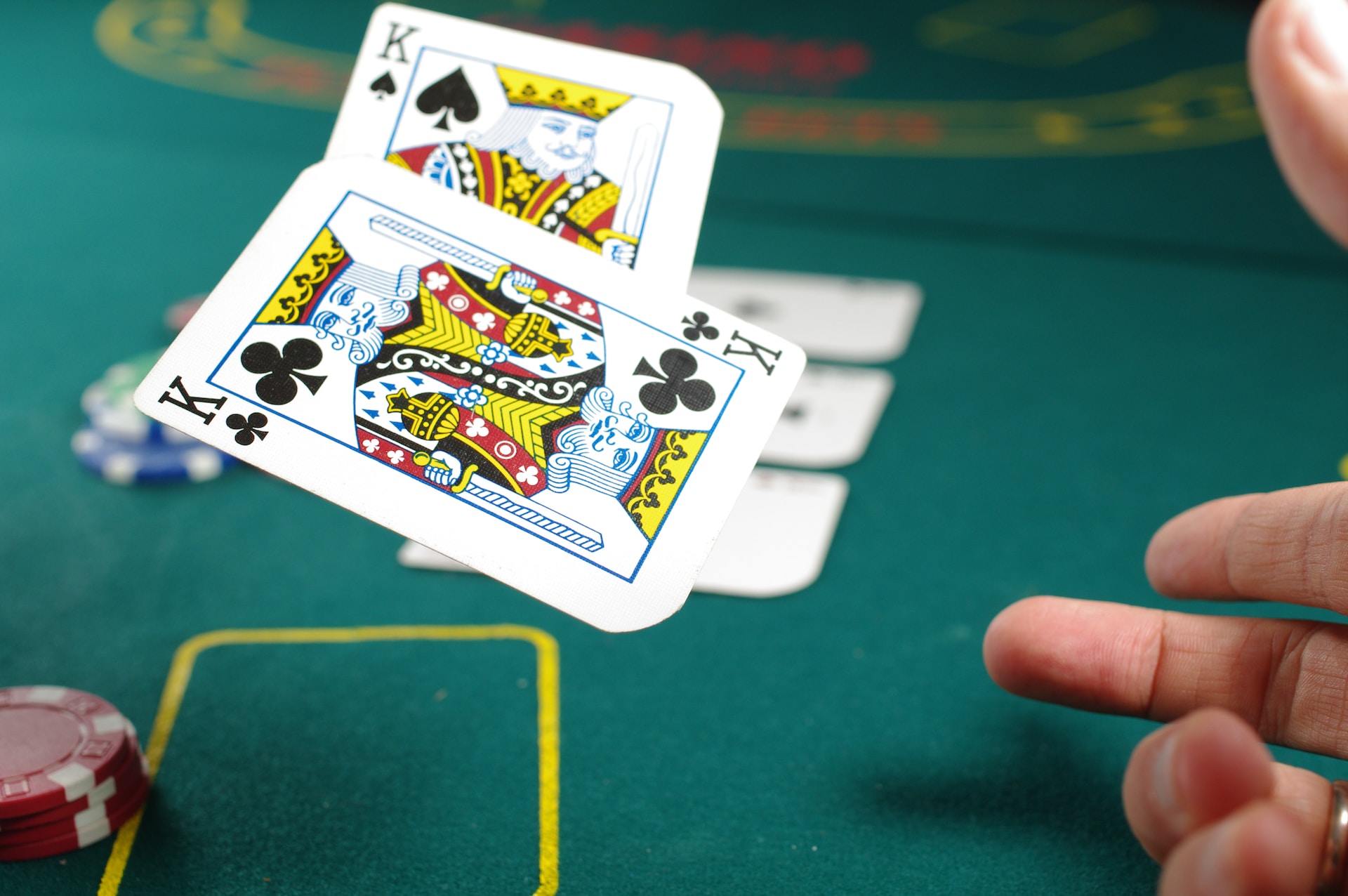In blackjack, insurance is an optional side bet offered to the player when the dealer’s face-up card is an ace. The bet serves as protection against the possibility that the dealer might have blackjack, which is a combination of an ace and a card worth 10 points, making a total of 21.
How Does It Work?
If the dealer’s up-card is an ace, before revealing their hole card (the card faced down), they will offer players the option to take insurance. Here’s how it functions:
- Payout: If the dealer does have blackjack, the insurance bet pays at odds of 2/1.
- Bet Amount: The maximum bet for insurance is typically set at half the player’s original wager. So, if you initially bet £20, you could place an insurance bet of up to £10.
- Outcome: If the dealer’s hole card is worth 10 points (10, Jack, Queen, King), resulting in a blackjack, the insurance bet wins. If the dealer doesn’t have blackjack, the insurance bet is lost.
Example:
Imagine you’re dealt a hand that doesn’t contain a 10-value card, and the dealer shows an ace. You decide to take insurance by betting £10. If the dealer’s hole card is indeed a 10, your insurance bet wins, and you receive £20 (2/1 payout). However, if the dealer doesn’t have a 10-value card, you lose the £10 insurance bet.

Blackjack Insurance – What Does Insurance Mean in Blackjack?
Should You Take Insurance in Blackjack?
Insurance might seem like an attractive option, especially when trying to safeguard against potential losses. However, in most cases, it’s not the best strategy.
For instance, in a one-deck game where neither your hand nor any other players’ hands contain a 10-value card, 16 out of the remaining 49 cards are valued at 10. In this scenario, if you consistently place a £10 insurance bet:
- The bet would win 16 times, netting you £20 each time for a total of £320.
- The bet would lose 33 times, costing you £10 each time for a total loss of £330.
So, even in this best-case scenario, you would still be £10 down overall. The odds become even less favorable if some of the players have 10-value cards in their starting hands, further diminishing the likelihood of the dealer having a 10-value hole card.
In conclusion, while insurance might seem like a protective strategy in blackjack, the math generally advises against it for optimal long-term results.
Read more: Mastering Blackjack: Unlock the Winning Edge
Read More: What is Rummy in Blackjack

